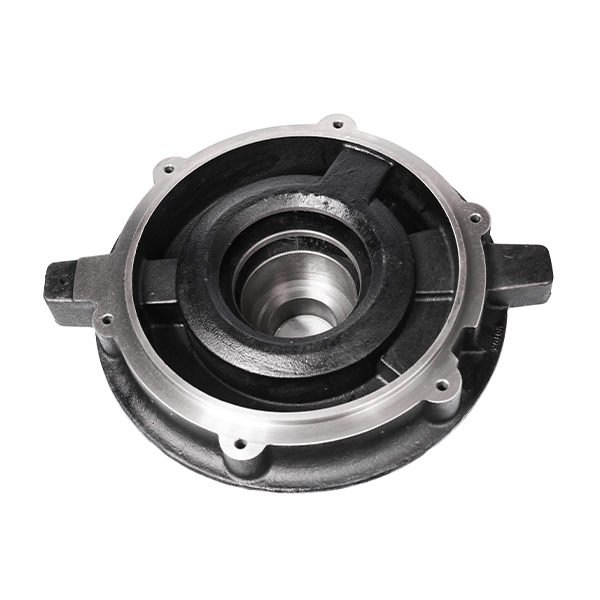Mobile:+86-311-808-126-83
Email:info@ydcastings.com
Spanish
cooler impeller
Understanding Cooler Impellers Function and Importance
Cooler impellers play a crucial role in various cooling systems, particularly in industrial and automotive applications. An impeller is a rotating component found within a pump or turbine, responsible for moving fluid. In the context of coolers, impellers help circulate air or liquid to enhance the heat exchange process, ensuring efficient cooling performance.
The design and construction of an impeller are paramount to its effectiveness. Typically made from durable materials like stainless steel or high-quality plastic, cooler impellers are engineered to withstand varying temperatures and pressure conditions. Their shape, often resembling a set of blades, is meticulously designed to optimize fluid flow and maximize the cooling effect. The angle and curvature of the blades directly influence the efficiency of the impeller; well-designed impellers can significantly reduce energy consumption while maintaining high performance.
One of the primary applications of cooler impellers is in automotive radiators, where they facilitate the cooling of engine coolant
. The impeller draws air through the radiator fins, improving heat dissipation and preventing the engine from overheating. Additionally, in industrial chillers, impellers are responsible for circulating refrigerants, which are crucial for maintaining desired temperatures in processes like food storage, chemical processing, and HVAC systems.cooler impeller

Efficiency is key when considering cooler impellers. The performance of an impeller can be assessed by its flow rate, pressure rise, and energy consumption. Advances in technology have led to the development of specialized impellers that are lighter and more efficient, often incorporating advanced aerodynamic designs and materials. These innovations contribute to reduced operational costs and a smaller environmental footprint, aligning with the growing demand for sustainability in engineering practices.
Moreover, regular maintenance of cooler impellers is essential for optimal performance. Over time, debris, corrosion, or wear can impact their efficiency. Ensuring that the impellers are clean and free from obstructions, and replacing worn components can extend their lifespan and guarantee that cooling systems operate at peak performance.
In conclusion, cooler impellers are vital components in the world of heat management. Their design, efficiency, and proper maintenance are critical for ensuring effective cooling in various applications. As technology progresses, the future of impellers looks promising, with potential advancements set to further improve their performance and reliability, ultimately contributing to enhanced energy efficiency and sustainability in cooling processes.











